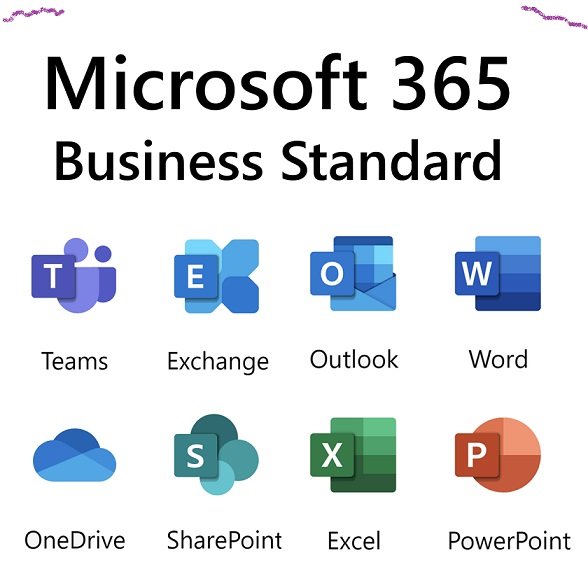Business Studies Class 11 Notes: Comprehensive and Easy to Understand
Business Studies is a critical subject in Class 11 that introduces students to the fundamentals of business, its operations, and its environment. This guide provides detailed notes that align with the CBSE curriculum, covering all chapters systematically. Whether you’re preparing for exams or building a foundation for higher studies, these notes are designed to enhance your understanding and retention of key concepts. Business Studies Class 11 Notes.
Why Use These Notes?
- Structured Approach: Topics are presented logically for better comprehension.
- Exam-Oriented: Focus on important topics and questions frequently asked in exams.
- Visual Aids: Tables and bullet points for quick revision.
- CBSE-Aligned: Content follows the latest CBSE syllabus.
Table of Contents
- Introduction to Business Studies
- Forms of Business Organizations
- Public, Private, and Global Enterprises
- Business Services
- Emerging Modes of Business
- Social Responsibilities of Business and Business Ethics
- Formation of a Company
- Sources of Business Finance
- Small Business
- Internal Trade
- International Business
1. Introduction to Business Studies
What is Business Studies?
Business Studies explores various aspects of running a business, including its environment, structure, and management. It integrates concepts from commerce, economics, and entrepreneurship.
Key Concepts:
- Business Activities: Economic (profit-driven) and non-economic (charity-driven).
- Objectives of Business:
- Economic: Profit, growth, and innovation.
- Social: Welfare, environmental sustainability.
Important Table:
| Objective Type | Examples |
|---|---|
| Economic Objectives | Increase profit, market share |
| Social Objectives | Reduce pollution, charity |
2. Forms of Business Organizations
Types of Organizations:
- Sole Proprietorship: Owned and managed by one person.
- Partnership: Owned by two or more individuals.
- Joint-Stock Company: Owned by shareholders.
- Cooperative Society: Managed for mutual benefit.
Comparison Table:
| Feature | Sole Proprietorship | Partnership | Joint-Stock Company | Cooperative Society |
| Ownership | Single person | Partners | Shareholders | Members |
| Liability | Unlimited | Unlimited | Limited | Limited |
| Decision-Making | Quick | Joint | Formal | Democratic |
3. Public, Private, and Global Enterprises
Public Sector:
- Owned and managed by the government.
- Examples: Indian Railways, ONGC.
Private Sector:
- Owned by individuals or private entities.
- Examples: Reliance, TCS.
Global Enterprises:
- Operate in multiple countries.
- Examples: Google, Coca-Cola.
Important Table:
| Sector Type | Ownership | Examples |
| Public | Government | BHEL, BSNL |
| Private | Individuals | Infosys, Wipro |
| Global | Multinational | Amazon, Samsung |
4. Business Services
Types of Services:
- Banking: Facilitates monetary transactions.
- Insurance: Covers risks.
- Transportation: Moves goods and people.
- Warehousing: Stores goods.
Example Question: What is the role of banking in business?
Answer: Banking facilitates capital flow, enables savings, and offers credit to businesses.
5. Emerging Modes of Business
Key Trends:
- E-Business: Conducting business online.
- Outsourcing: Hiring external services.
- Telecommunication: Remote operations.
Example Question: Explain e-business with examples.
Answer: E-business involves online transactions, such as e-commerce (Amazon, Flipkart).
6. Social Responsibilities of Business and Business Ethics
Responsibilities:
- Protecting the environment.
- Providing fair wages.
- Ensuring product safety.
Ethics:
Ethics are moral principles guiding behavior. Examples: Transparency, honesty.
7. Formation of a Company
Steps:
- Promotion
- Registration
- Incorporation
- Commencement of Business
Example Question: What is the role of promoters in company formation?
Answer: Promoters identify business opportunities and arrange resources.
8. Sources of Business Finance
Types:
- Owned Capital: Equity.
- Borrowed Capital: Loans, debentures.
Comparison Table:
| Type | Source | Examples |
| Owned Capital | Internal | Retained profits |
| Borrowed Capital | External | Bank loans |
9. Small Business
Characteristics:
- Limited investment.
- Localized operations.
- Focus on customer satisfaction.
10. Internal Trade
Types:
- Wholesale Trade: Bulk transactions.
- Retail Trade: Selling directly to consumers.
11. International Business
Key Features:
- Export and import.
- Foreign exchange.
- Cross-border trade regulations.
Example Table:
| Activity Type | Example |
| Export | India exporting textiles |
| Import | Import of crude oil to India |
Disclaimer
This content is intended for educational purposes only. While every effort has been made to ensure accuracy, students should consult their official textbooks and teachers for precise details.




